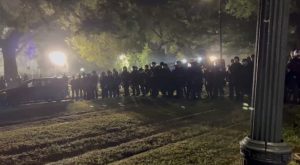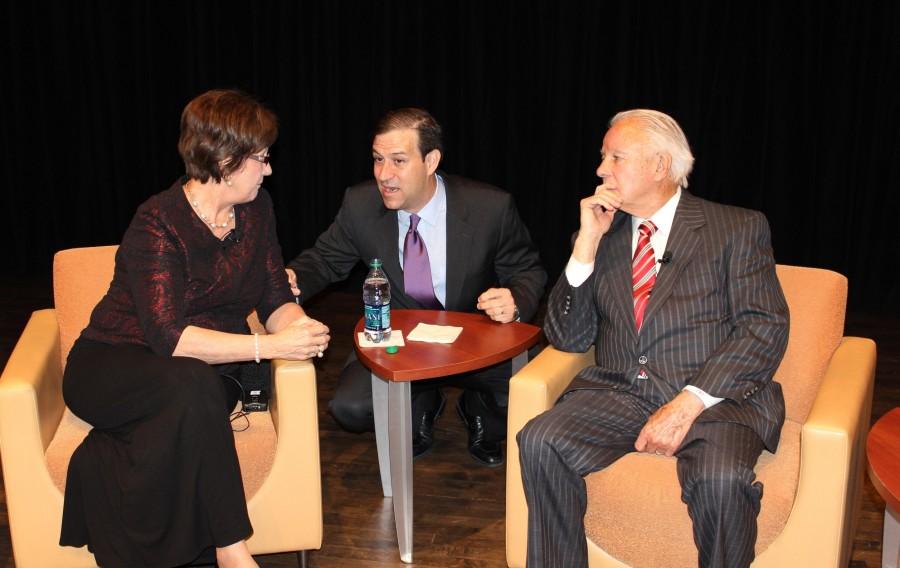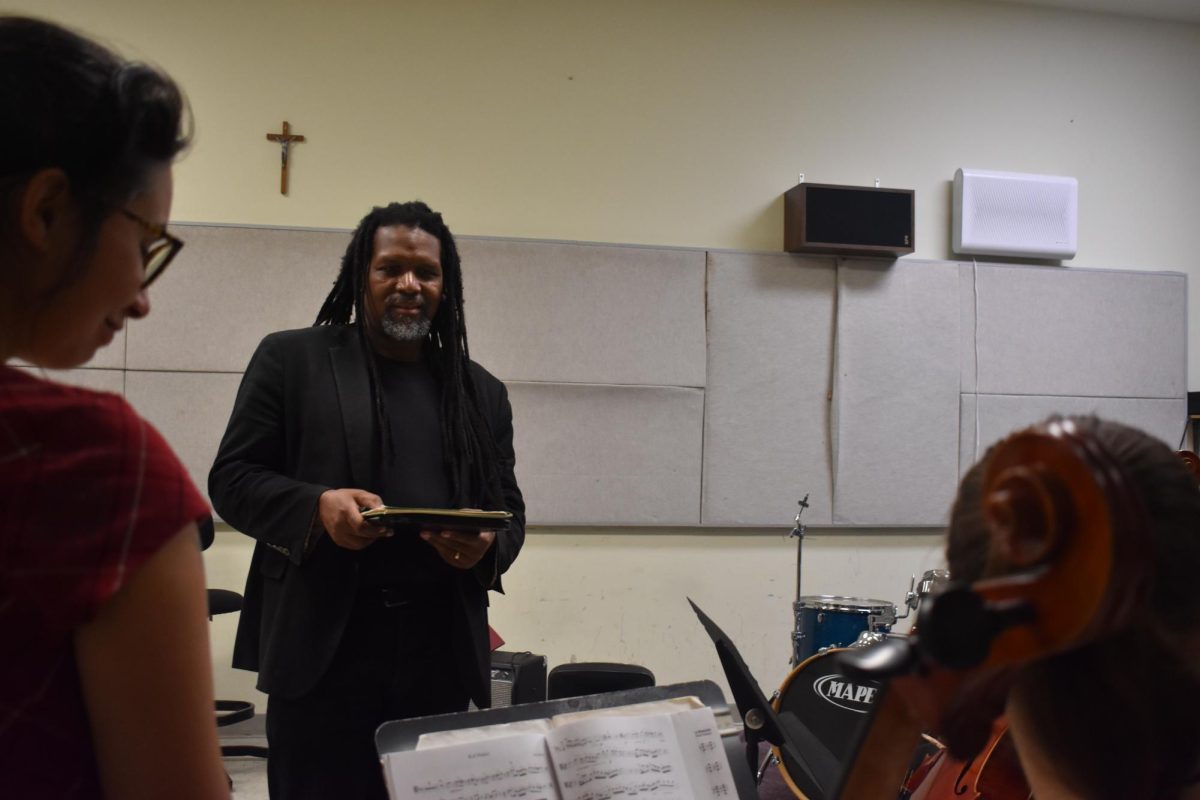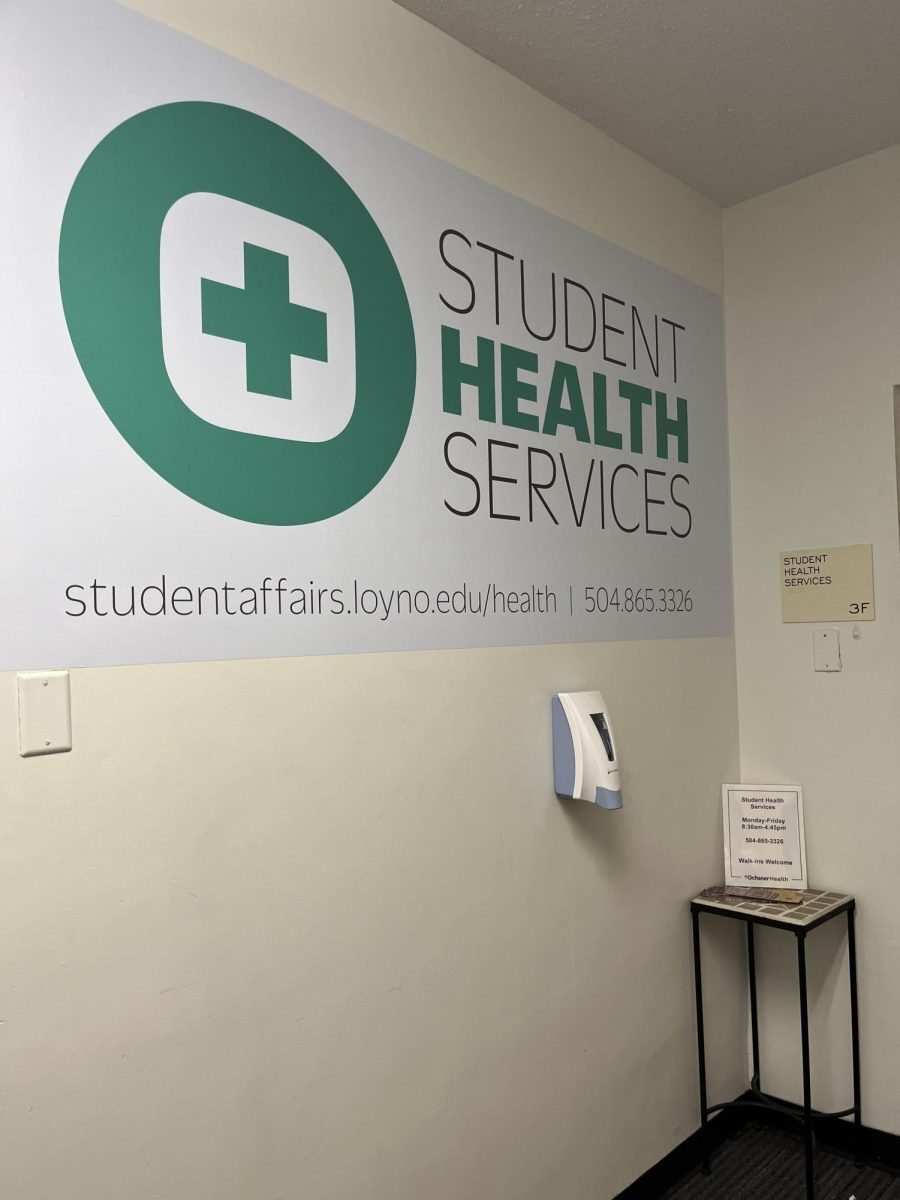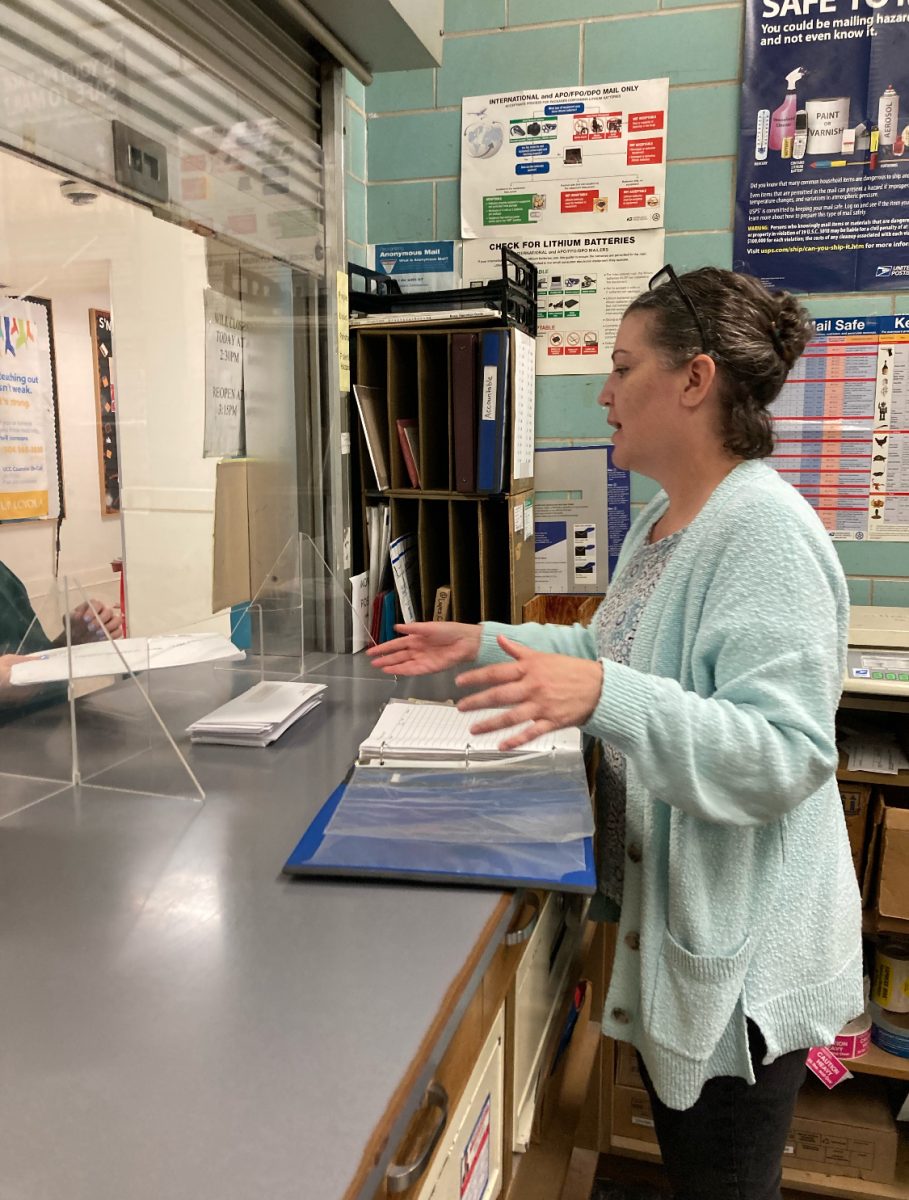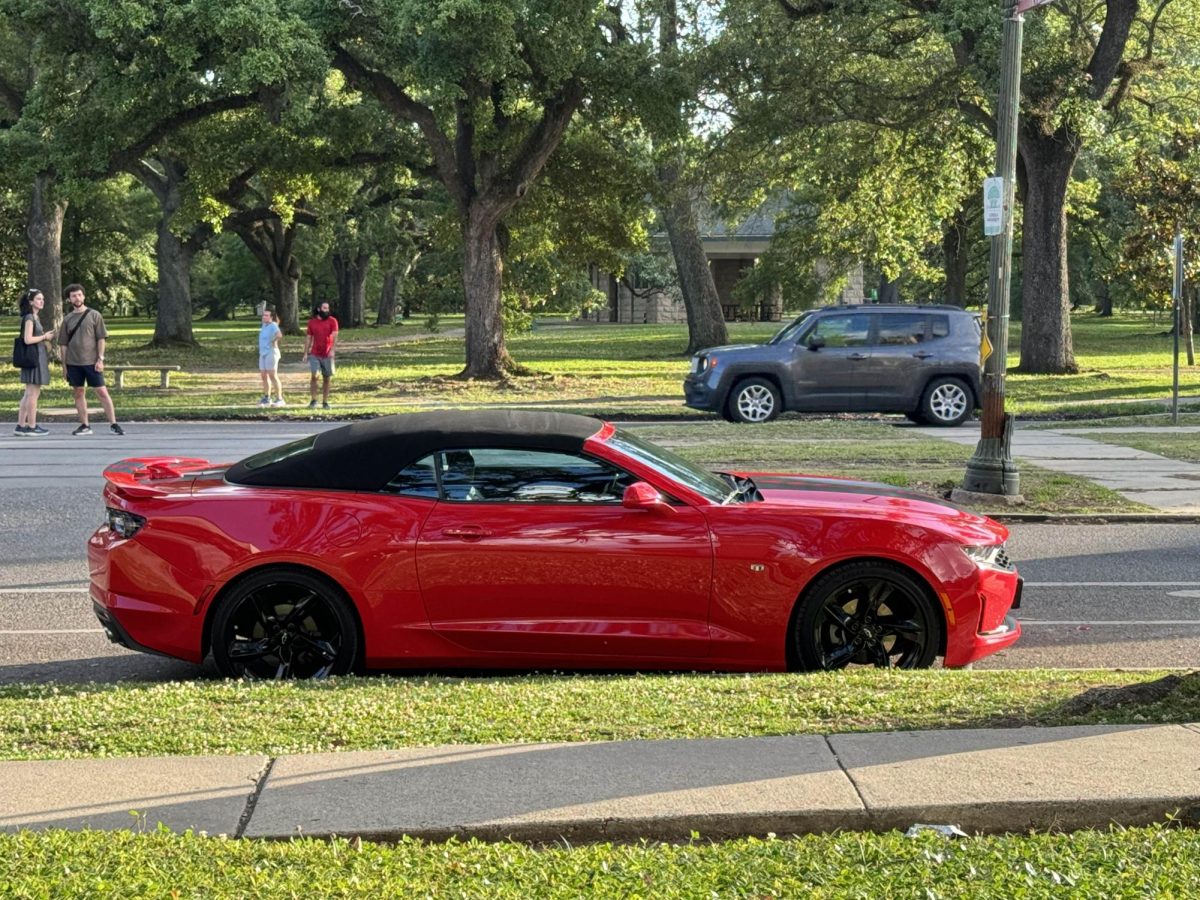The first female governor of Louisiana, a former republican candidate for President of the United States and a current contender for Louisiana’s sixth congressional seat, met in Roussel Hall to discuss the present condition of the state.
On March 26, the Institute of Politics hosted their fifth annual Ed Renwick Lecture, “One Louisiana, Three Perspectives,” featuring former Louisiana governors Kathleen Blanco, Edwin Edwards and Buddy Roemer.
During her time in office, Blanco advocated for affordable healthcare, reforming pre-kindergarten to university level education and establishing a strong economy.
On Wednesday night, following suit with her priorities while in office, Blanco emphasized the need to radically re-envision Louisiana’s current education system.
“We have this historic problem where we didn’t properly address education many years ago,” Blanco said.
In her term, Blanco brought education funding to peer level.However, she said that Louisiana has never had as great of a meltdown in public education funding than they face today. She said she estimates that it will take more than 20 years to recover.
“I think that almost all of our work has been erased. [This problem] is not political. It’s real,” she said. “It’s going to be a misery trip for the next governor.”
Edwards said he does not share his peer’s views about Louisiana.
“[Education] is the key to progress, but it is not the only key to progress,” Edwards said.
Blanco was in office in the midst of Hurricanes Katrina and Rita and oversaw rescue efforts in the weeks after both storms.
She claimed that after the hurricanes, she focused initially on those in peril being brought to safety and then looked to Washington, D.C. for support. However, Blanco said she quickly grew distraught with the way she was treated.
“There was very little appetite for helping Louisiana,” she said.
Blanco said she believes that if she had been a republican, she would have been received differently. She said she was surprised at how partisan Washington was in the wake of this disaster.
Roemer said that Blanco excelled in her position after the catastrophic storm.
“No one was prepared for its ferocity. I think she did one hell of a job under very, very difficult circumstances,” he said.
The general consensus among the former governors was that Louisiana’s constituents put party affiliation aside and instead consider the individual running when it comes to state politics.
Blanco said that Louisiana has traditionally been a conservative state, but it is possible for a democrat to win the gubernatorial election in 2015.
Shifting gears to a specific democrat running for office, Edwards said that the reason he decided to run for Louisiana’s sixth congressional district seat is simply, because he wants to.
“I feel like running for Congress, and I feel like running for Congress, because I can’t run for governor,” he said.
Edwards said he is concerned about Washington, D.C. and likes public service, so it makes sense for him to pursue politics further. He said he is optimistic about the future of Louisiana and believes he has something unique to offer his constituents, should he be elected.
“I think I can add my one small voice to get something done,” he said.
Edwards also spoke about some of the changes enacted during his time as governor.
Among those changes was the new constitution implemented in 1973 that still serves Louisiana today, that changed the way in which Louisiana collects severance taxes for oil and gas resources, and the allocation of a $100 million one-time pay raise for teachers, school lunch workers and bus drivers.
Another change was the $500 million constitutionally-dedicated fund for education in 1986, a fund that has since grown to $1.2 billion.
“Every year, every university and college gets a stipend out of that fund. We are the only state in the nation with that,” he said. “I am the only governor that ever left anything to the people of this state after he left.”
Edwards said the biggest challenges Louisiana faces in the years to come is its growing dependency on natural resources and its lack of emphasis on education.
“We need to diversify more. We’re doing that because industries are coming to Louisiana,” he said. “And we have to do everything we can to raise the levels of education in Louisiana to compete with other states.”
Edwards said he believes that the greatest asset Louisiana has to offer is its people and their ability to understand one another.
“When the rest of the country was having racial problems, we in Louisiana were getting along without any racists, and that’s a credit to the leadership in both the white and the black communities. I’m very proud of that. We are a people who love and care for one another,” he said.
Edwards said that what surprised him the most during his term as governor was how difficult the job was.
“It is tough. You have to deal with the legislature. They each have a different political view. Each has a different concern, and you have to learn how to work with them to get things done,” he said.
In accordance with his infamously witty reputation, the only advice he offers the next governor of Louisiana is to simply not run.
“It’s going to be tough for the next governor because the budget is out of balance, there’s a huge deficit and there’s a limited ability to address the problems Louisiana faces,” Edwards said.
However, he said he is unquestionably confident that someone will come along and do the best that he or she can.
Edwards said he believes the most valuable lesson he learned from his time working for Louisiana’s government is that everybody deserves attention. He says he will take this with him to Washington D.C., should he win the congressional seat.
“Right now one of the biggest complaints I hear from people is that there is nobody they can turn to in times of need,” he said. “Everybody needs somebody to speak for them if they have no voice. Everybody needs somebody in office that they can talk to that will help them, that has offered to help them.”
Lauren Stroh may be reached at [email protected]


